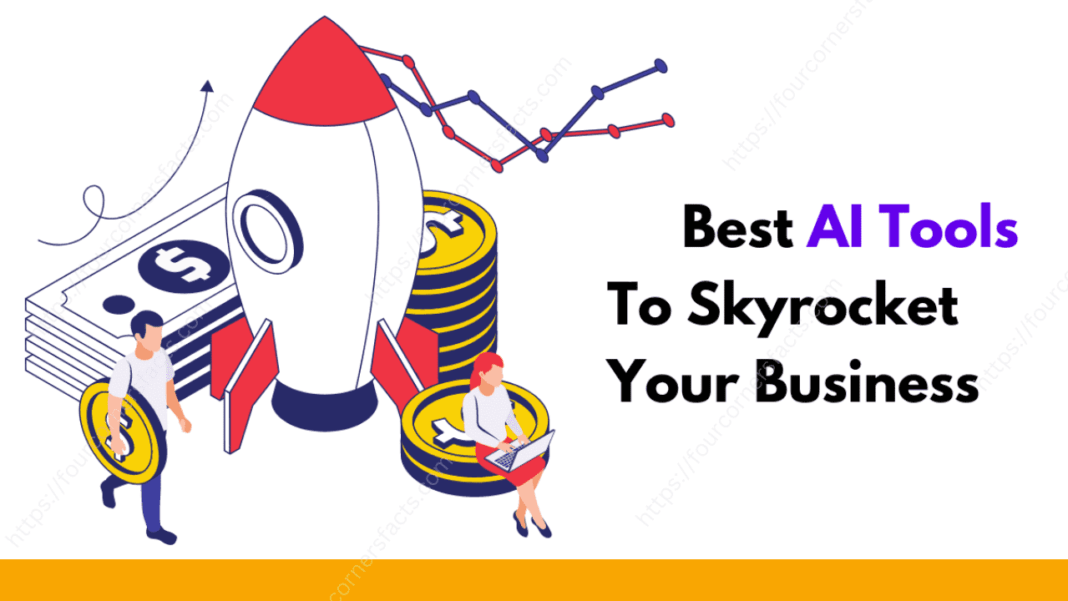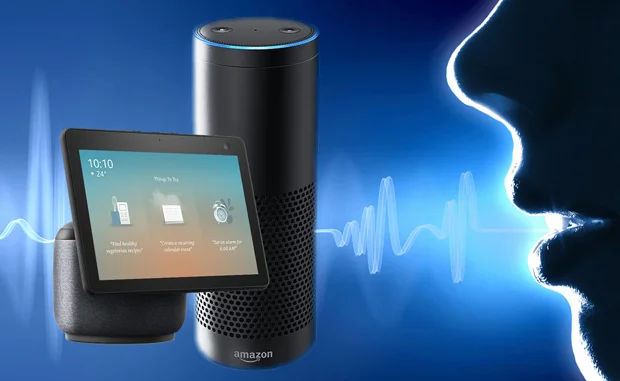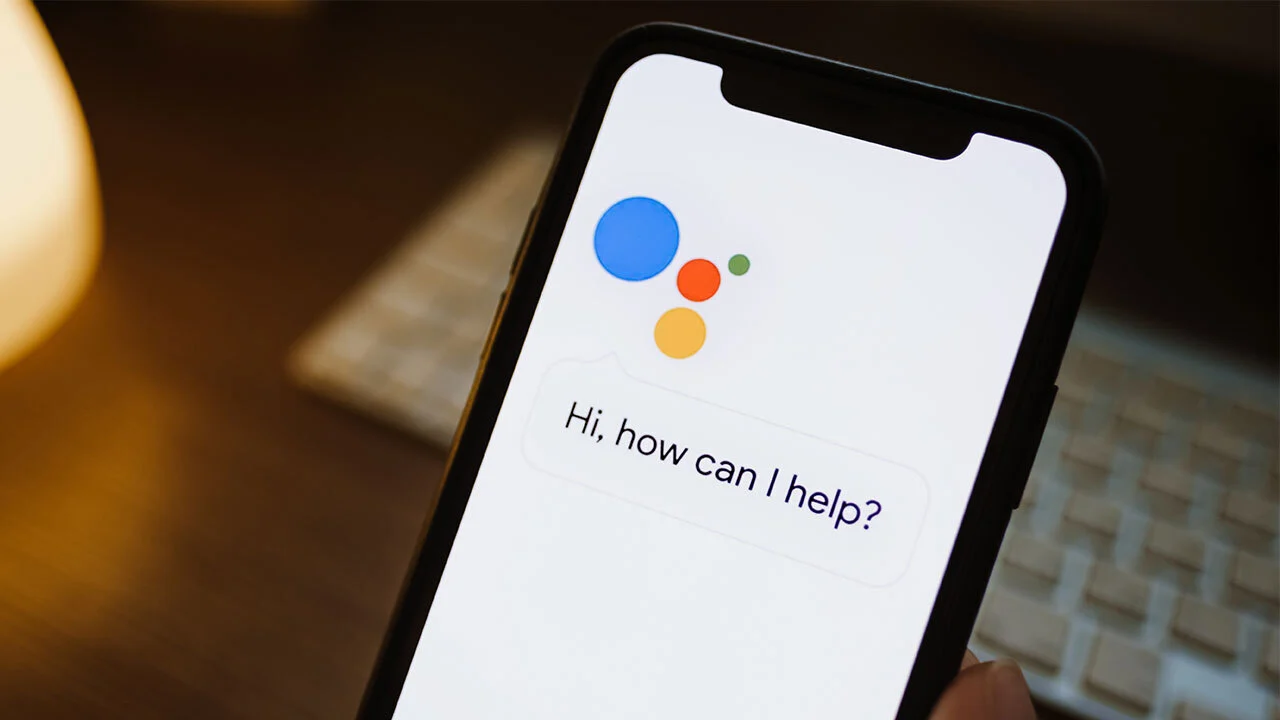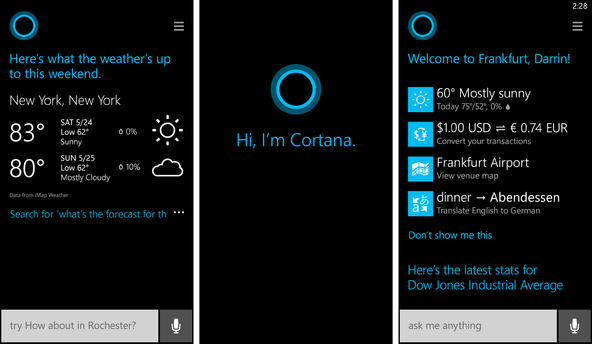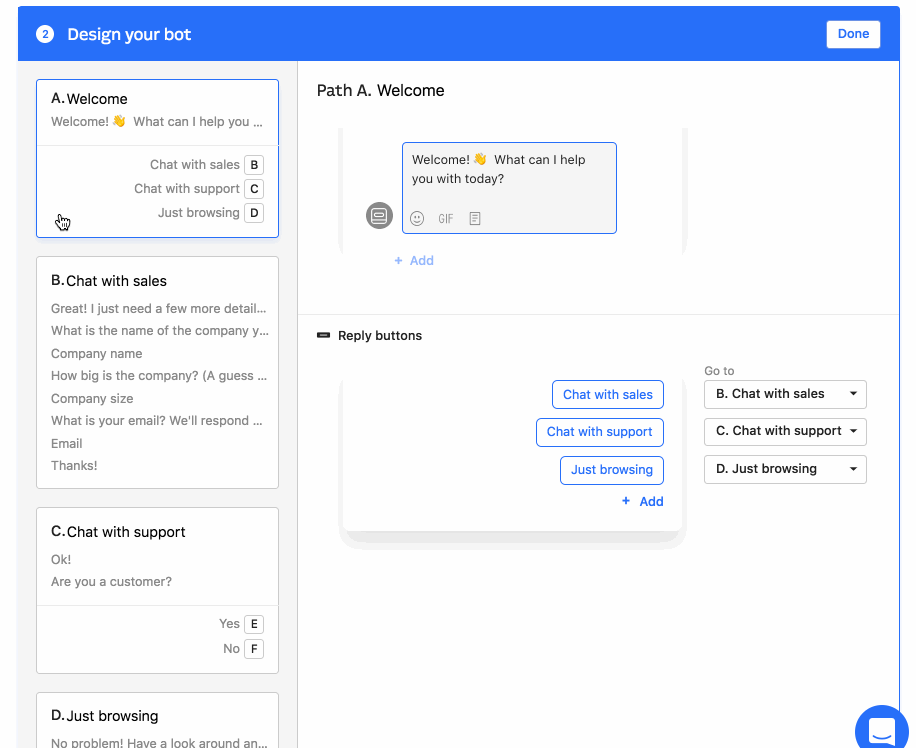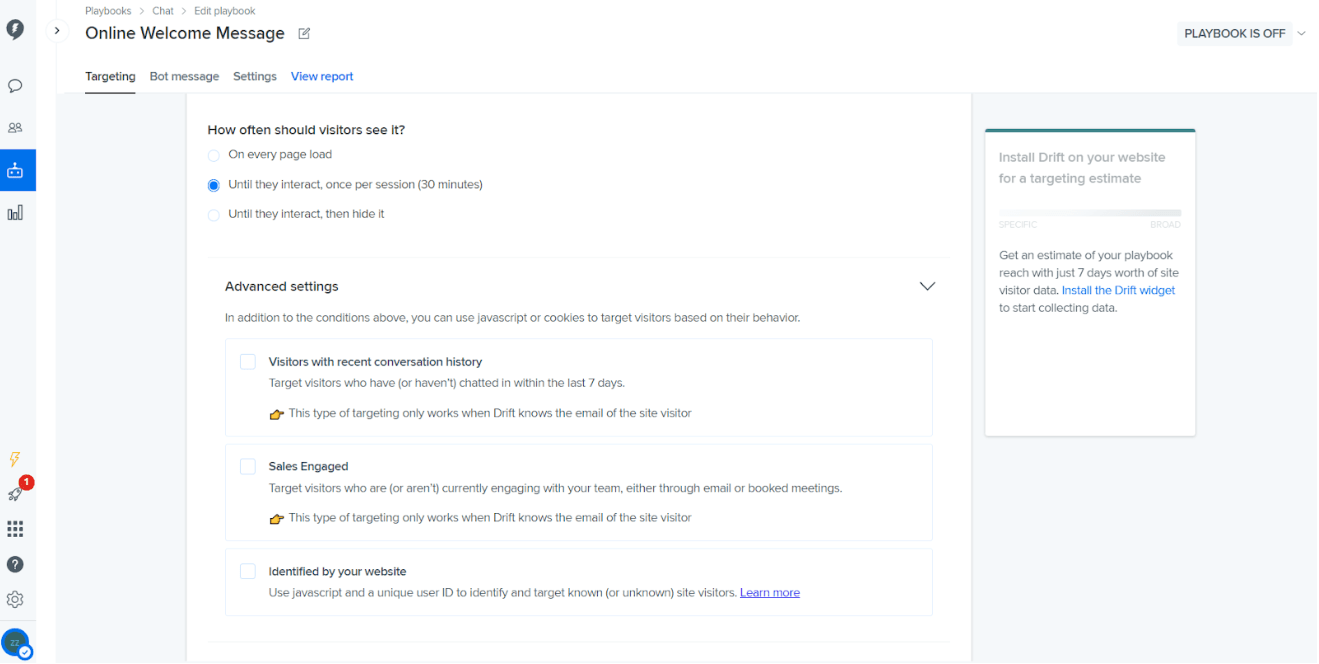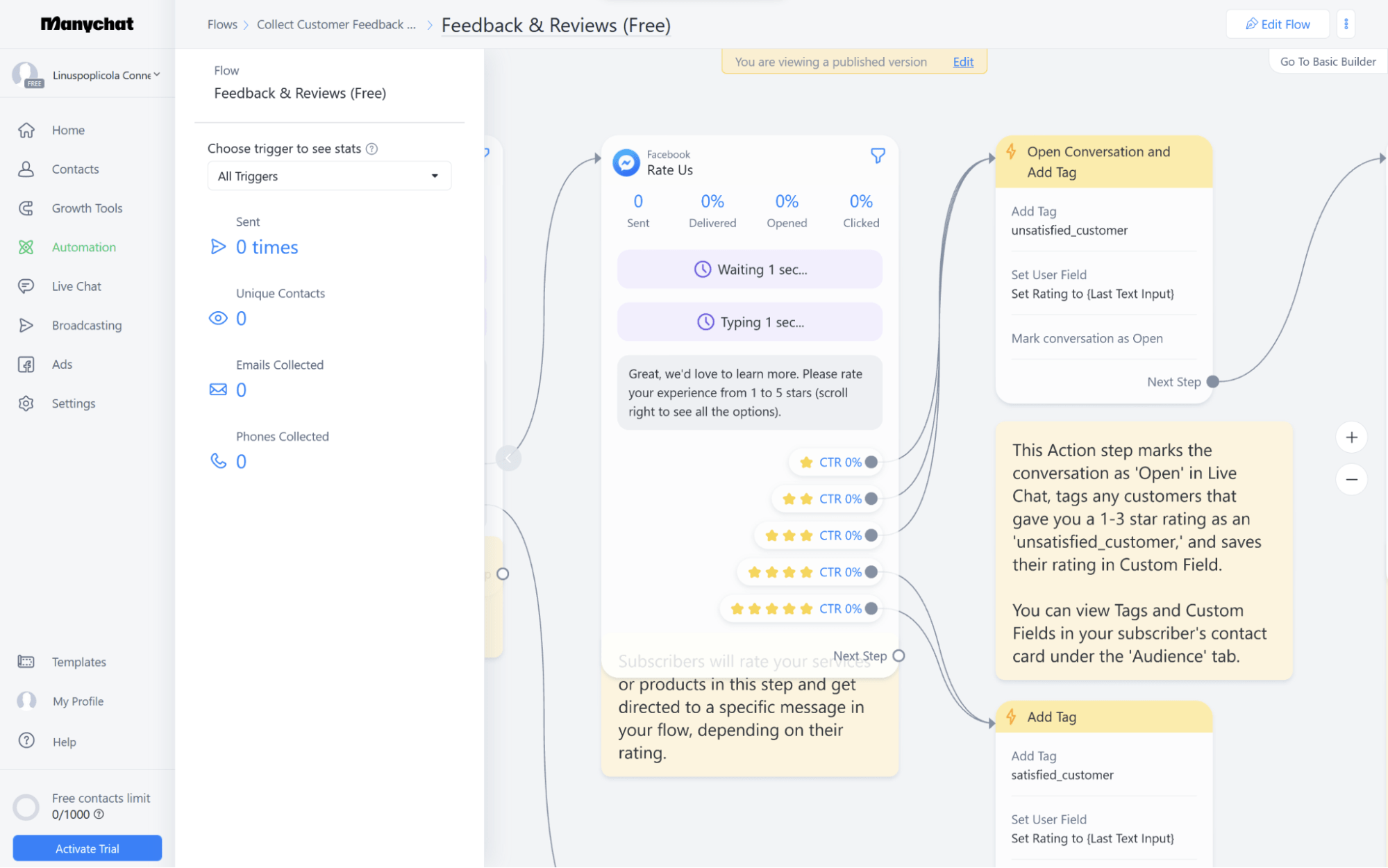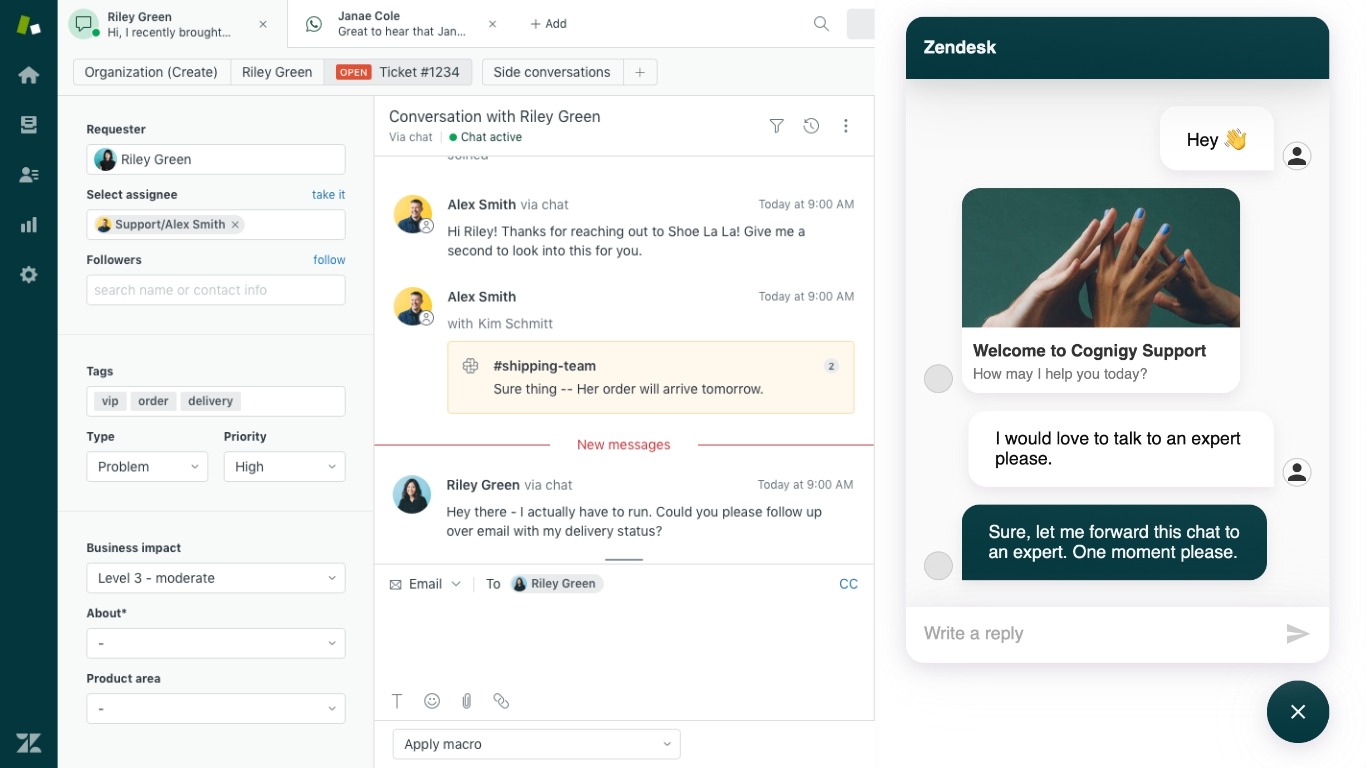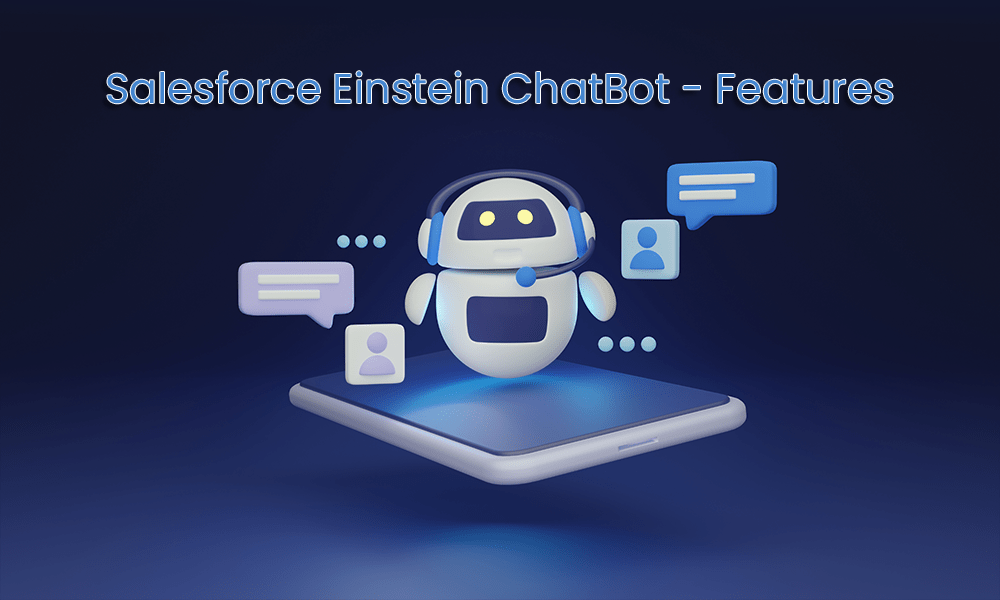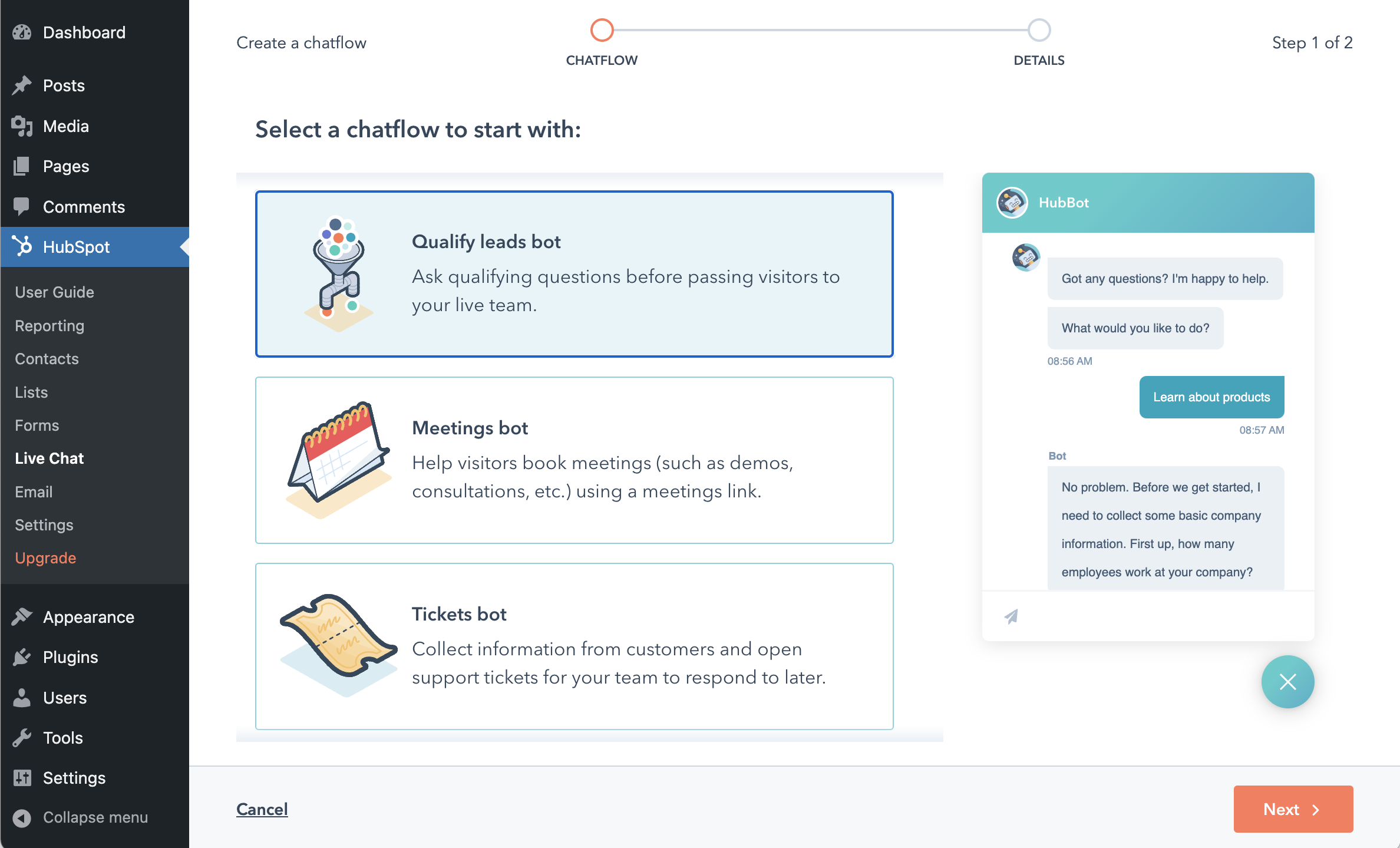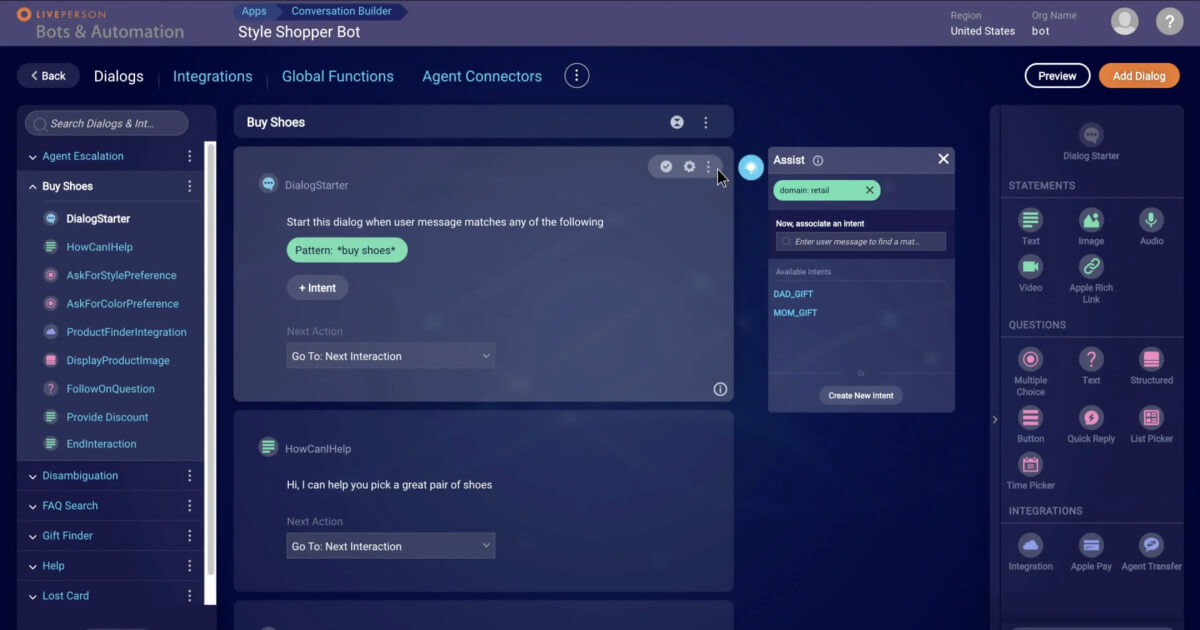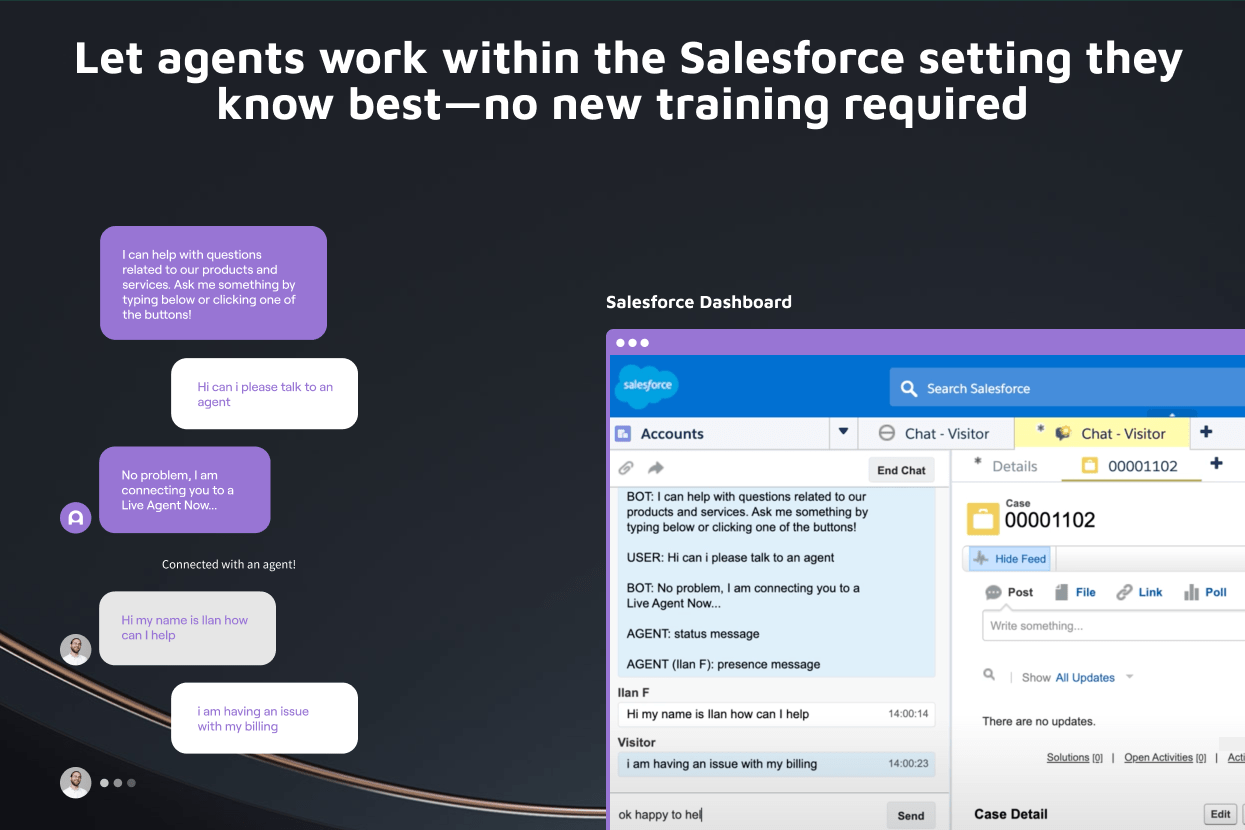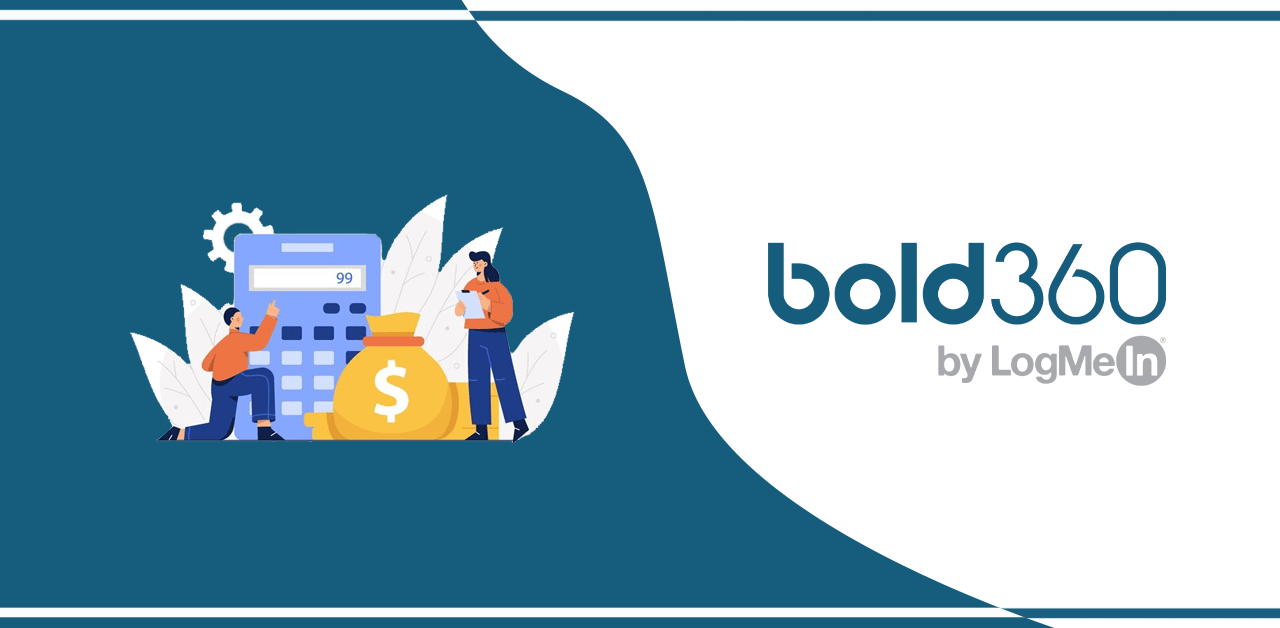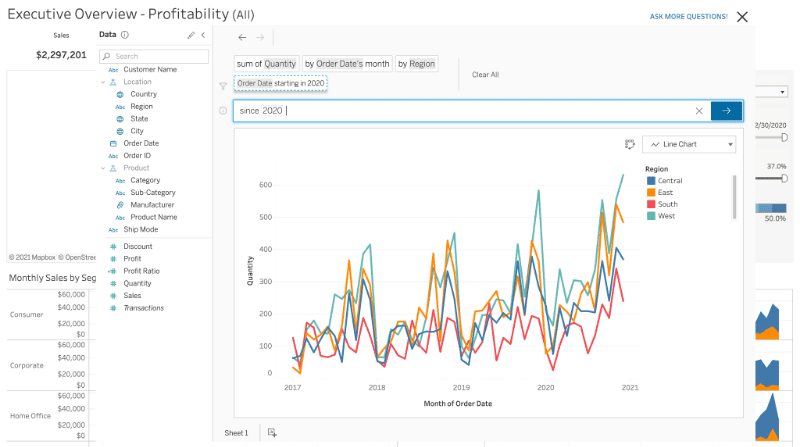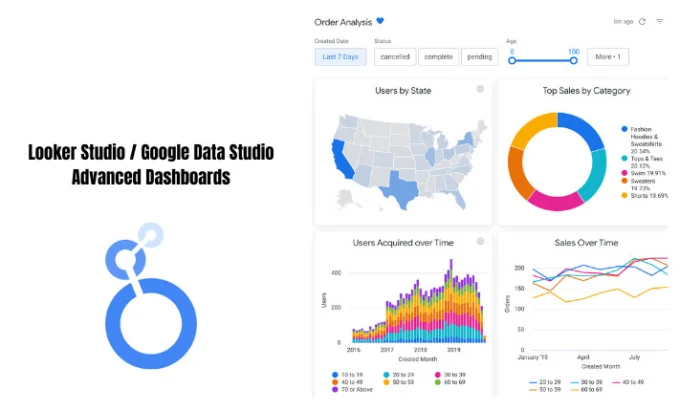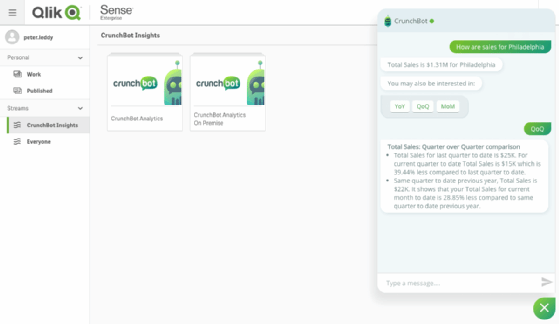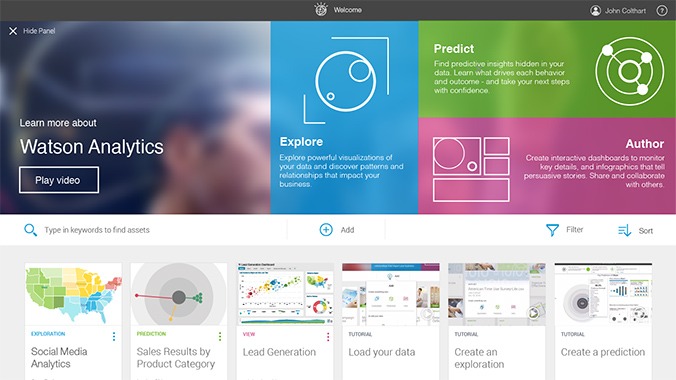Welcome to the future of business! To stay ahead in a world where time is money and competition is tough, you need more than hard work. You need cutting-edge tools that can help you be more efficient and perform better. The first part of this exciting trip will be a look at the best AI tools for business. And how these cutting-edge tools can help your business do well. Get ready to unlock efficiency like never before!
We cover more than business news. Check it out here!
Understanding The Best AI Tools For Business
For valid reasons, artificial intelligence is a commercial buzzword. Moreover, to keep up with the competition and meet the evolving demands of their customers, businesses must use AI technology. Powerful new technologies have the potential to revolutionize company operations by streamlining procedures and increasing productivity.
Our first look at artificial intelligence and what it can do is here. It goes on to talk about AI technology for businesses. Gaining familiarity with various AI technologies will assist you in selecting the most suitable one.
How Artificial Intelligence Can Take Control OF Your Business?
Artificial intelligence systems are able to learn, solve problems, make decisions, and recognize patterns, much like humans. When compared to conventional computer programmes, AI systems are distinct. In fact, without prompting, they sift through mountains of data and arrive at intelligent conclusions.
Reasons Why AI Tools Are Beneficial For Business
Technological developments in the field of artificial intelligence (AI) have completely altered company processes. AI has the ability to sift through mountains of data and come up with predictions. Organizations may enhance their performance and efficiency with its aid. Furthermore, we will delve into the several advantages of using AI technologies in the corporate world.
Improved Decision Making
Making data-driven business choices is a major benefit of AI technologies. These systems can look at a huge amount of information, like demographics and sales trends. And market details to figure out how people act and what they like. Businesses may make strategic choices to grow and profit from this data.
Increased Efficiency
AI can simplify and automate repetitive procedures, saving firms time and money. AI-powered chatbots can answer client questions 24/7 without human interaction. This enhances customer service and lets personnel work on more difficult jobs.
Cost Savings
Integrating AI tools into a business can result in significant cost savings in the long run. Automation and less manual labor may save firms money by employing more people. Additionally, AI-powered predictive maintenance solutions may cut equipment downtime and maintenance costs.
Types OF AI Tools For Business
Businesses may use many AI technologies to improve operations and efficiency. AI tools use complicated algorithms, ML, and NLP to automate examination. This section will discuss AI techniques firms may use to boost performance.
Virtual Assistants
To aid consumers or simplify processes, chatbots or voice assistants mimic human interactions. They can handle real-time requests by text or phone, freeing up staff for more complex tasks. Virtual assistants learn from prior encounters and improve their replies.
Intelligent Process Automation (IPA)
IPA automates repetitive manual activities using RPA and AI. Using data analysis and machine learning techniques to optimize procedures. Automation of data entry, document processing, and invoicing management may remove errors.
Predictive Analytics Tools
ML systems look at data from the past to guess how trends will appear in the future. And events that happen in prediction analytics. These tools help businesses find risks, guess how much demand there will be, and make the best use of their inventory. Tools like IBM Watson Studio, RapidMiner, SAS Advanced Analytics, and others are well known for their predictive analytics capabilities.
Natural Language Processing (NLP) Tools
NLP is an area of AI that studies how people talk and write. To understand what it means and how it makes you feel. In order to handle huge amounts of text data, NLP tools use ML algorithms. Sentiment analysis, robots, and voice helpers are some of the ways that businesses can use these technologies.
Let’s take a closer look at some of the key applications of predictive analytics in business.
Forecasting Demand
Predictive analytics may expect product and service demand by analyzing prior sales data. This knowledge is critical for retail firms, as inventory management may affect profitability.
Predictive Maintenance
With the Internet of Things (IoT), businesses can get info from their devices in real-time. Using predictive analytics, they may be able to figure out when machines break down and what repairs they need. This lets them plan maintenance before problems happen, which cuts down on downtime and makes things run more smoothly.
Customer Segmentation
Using predictive analytics, businesses can also divide their customers into groups based on how they buy things or their traits. This information lets marketers target their ads to specific groups of customers.
Virtual Assistant Tools Out In The Marketplace
Virtual helpers are very important for businesses that want to make things easier and get more done. The AI-powered tools could handle tasks, give information, and make ideas. We will talk about the best virtual helpers in this part. And how they could help your business.
Alexa From Amazon
Popular virtual helper Alexa uses AI and natural language processing. This gadget can do many things, like play music, make to-do lists, and set alarms. Alexa can simplify tasks and make teamwork better by connecting to other technologies.
The Google Assistant
Another well-known virtual helper that has a lot of useful features for businesses is Google Helper. It looks at how users act and uses machine learning to make replies more relevant to them. People can set up talks, send emails, and make papers. And use speech instructions to check on the progress of the job in Google Workspace.
Cortana From Microsoft
There is an AI helper from Microsoft called Cortana that comes with Windows 10 computers. It knows what the person wants. It also gives you personalized help by using machine learning methods, just like Google Assistant. Companies can link Cortana to Microsoft Teams to help their employees work together better.
Chatbots Roleplay In The Businesses
Businesses that want to be more efficient and perform better often use chatbots. Chatbots might be able to do routine jobs automatically, which would save companies money by not hiring extra people. This part talks about the good things about using robots in work.
Why Chatbots For The Businesses?
Better customer service:
With chatbots, customers can get quick answers to their questions 24 hours a day, seven days a week. This cuts down on the work of customer service reps and speeds up response times.
A Customized Experience For The User
Thanks to NLP technology, chatbots can now understand what people want and give it to them. This makes talks more personal, which makes customers feel valuable and improves their experience with the brand.
A Solution That Saves Money
Chatbots might be able to do routine jobs automatically, which would save companies money by not hiring more people.
Better Use OF Resources
Chatbots are more useful and busy. Because they can handle many conversations without getting tired or making mistakes.
Getting The Data
Chatbots track how people use them to figure out what their customers want. This information could lead to better goods or services or more focused marketing campaigns.
The Best Chatbots Out There
Here are some well-regarded chatbots that businesses across various industries. These have successfully integrated to improve customer service, streamline operations, and enhance user engagement:
Intercom
Intercom is highly popular among businesses for its customer messaging platform, which allows for engaging with customers on a personal level through a chat interface.
Drift
Known for its conversational marketing and sales platform, Drift enables businesses to communicate with potential customers in real time, increasing conversion rates.
ManyChat
ManyChat specializes in Facebook Messenger bots, which can automate and combine marketing, sales, and support through the Messenger platform.
Zendesk Chat
Previously known as Zopim, Zendesk Chat integrates with the larger Zendesk customer service platform, offering live chat support and analytics.
Salesforce Einstein
For businesses already integrated with Salesforce’s CRM, Einstein provides AI-powered chatbot capabilities, making customer relations data-driven and highly personalized.
HubSpot Chatbot Builder
Part of the HubSpot inbound marketing ecosystem, this chatbot builder allows for the easy creation of chatbots to qualify leads, book meetings, and provide customer support.
LivePerson
LivePerson is an AI-powered conversational platform that helps brands design, deploy, and monitor bots to engage customers across popular messaging channels.
Ada
Ada is an AI chatbot platform that powers customer service for companies, aiming to automate interactions without losing the personal touch.
Powered by LogMeIn, Bold360’s AI offers a suite of digital engagement solutions, including chatbots that are adept at handling both customer support and engagement.
Each of these chatbot solutions comes with its own set of features, integrations, and capabilities. Depending on your business’s size, industry, and specific needs—like customer support, sales enablement, or lead capture—some might be more suited to your requirements than others.
It’s important to evaluate them based on the functionality you require, ease of integration with your existing tech stack, and the quality of customer experiences they can deliver.
The Best AI Business Tools
Companies are always looking for ways to achieve more and do better in today’s fast-paced and tough business world. Thanks to technology that helps them reach their goals, AI has grown into a powerful business tool. Where AI does work, looks at data, and helps businesses decide what to do.
AI Tools To Look At And Understand Data
AI can look at and make sense of huge amounts of data. This makes it a powerful business tool. This helps businesses understand how they work and saves them time and money.
A lot of AI tools can help you look at and understand data. These are some of the best choices:
Tableau
This dynamic program for showing data uses AI techniques. To look for patterns, trends, and outliers in the data. The drag-and-drop design makes it simple for people who aren’t tech-savvy to use.
Power BI
The business intelligence service from Microsoft uses machine learning. To clean, change, and model data from different sources. In fact, you can also change the look of the screens to keep an eye on key data in real-time.
Looker Studio (Data Studio For Google)
A free Google tool that lets people make reports that change over time. And screens by linking to a lot of different data sources. Moreover, its powerful AI technology can conclude the data that is being analyzed.
Qlik Sense
This self-service business intelligence (BI) tool uses natural language processing (NLP) technology to make searching through information easier. Furthermore, It also has predictive analytics put in to see what trends will happen in the future.
Watson Analytics From IBM
As one of the first people to work on artificial intelligence. Watson Analytics from IBM offers an intelligent reporting experience. It lets people use natural language orders to interact with visualizations.

